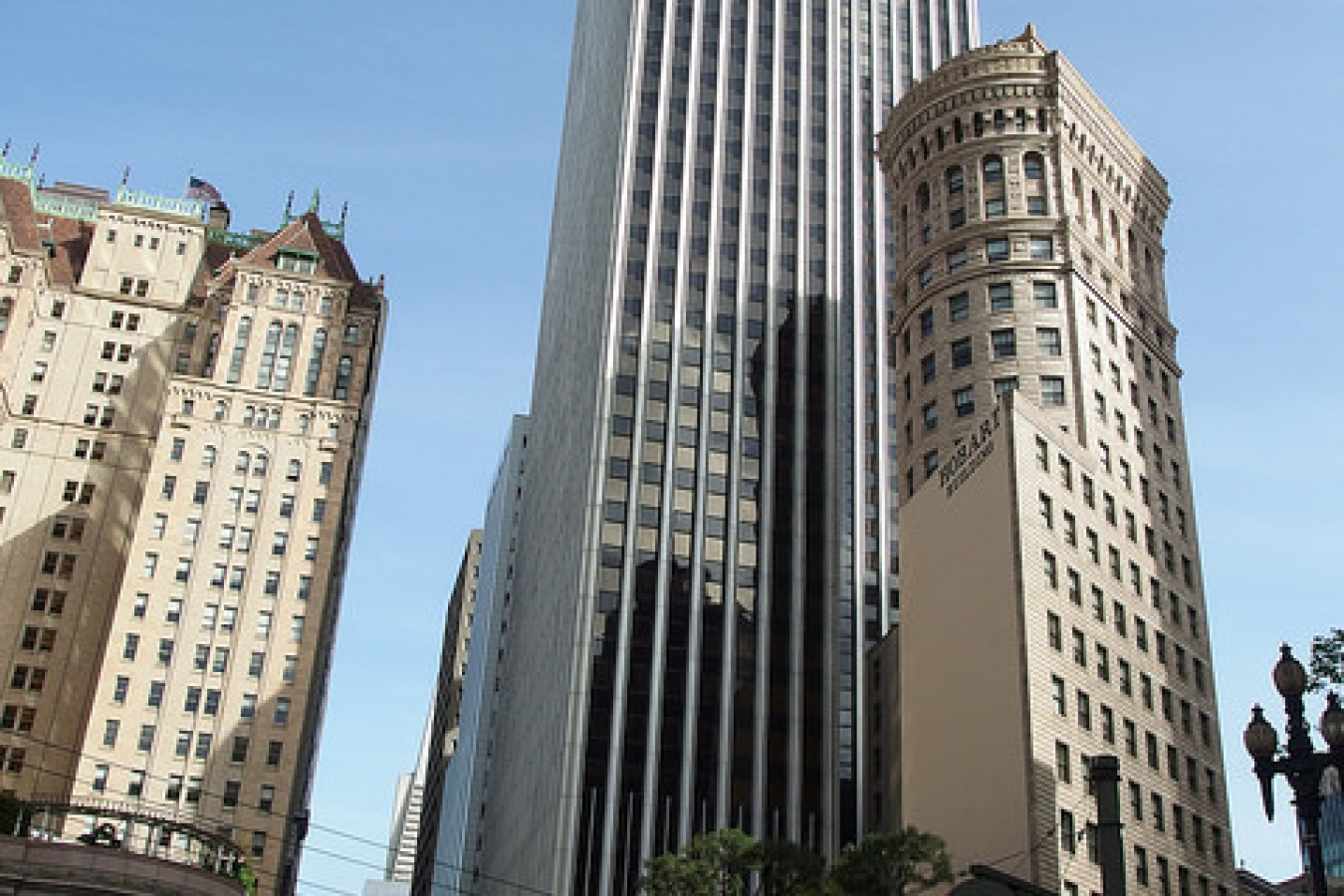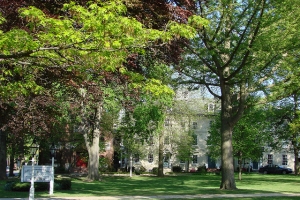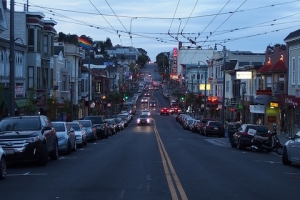Support migrant centric journalism today and donate

Seeking visas for business travel ventures can be a bureaucratic nightmare. This is especially the case for the United States, which led the way in stepping up scrutiny at points of immigration in the wake of the September 11, 2001 terrorist strikes.
Now, in recognition of the need to speed things up for executives seeking access to the country, U.S. officials have announced they may turn to digital breakthroughs to help swifter screening of would-be visitors.
In a recent speech, U.S. Secretary of State Condoleezza Rice said her country may adopt video conferencing methods to interview visa applicants, to save them going through the rigmarole of waiting in line at embassies and consulates.
She said the move would come as part of a package of measures to ensure that visitors would not be discouraged from traveling to the United States, despite the unprecedented levels of security.
"We're renewing America's welcome to business people and entrepreneurs. For our economy to continue to grow and prosper, the foreign employees and customers of our business community must be able to enter our country quickly and efficiently," she said.
The United States visa system has been in turmoil since the September 11 attacks, particularly after a U.S. General Accounting Office study found that of the 15 Saudi Arabia hijackers behind the attacks, U.S. consular officials did not interview 13 before they were granted visas.
But ramped up security measures put enormous burden on already overstretched immigration procedures which -- until recent measures augmented the service -- left more than eight million annual applications in the hands of less than 850 consular officials.
The tighter controls also led to a sharp fall in visitor numbers, although the past two years have seen a recovery.





















